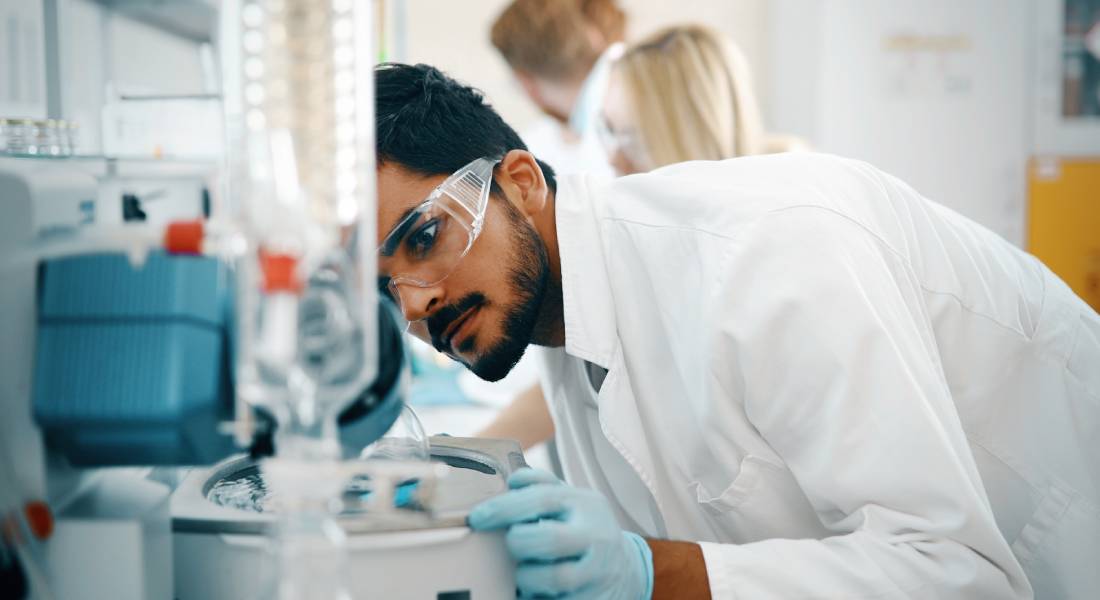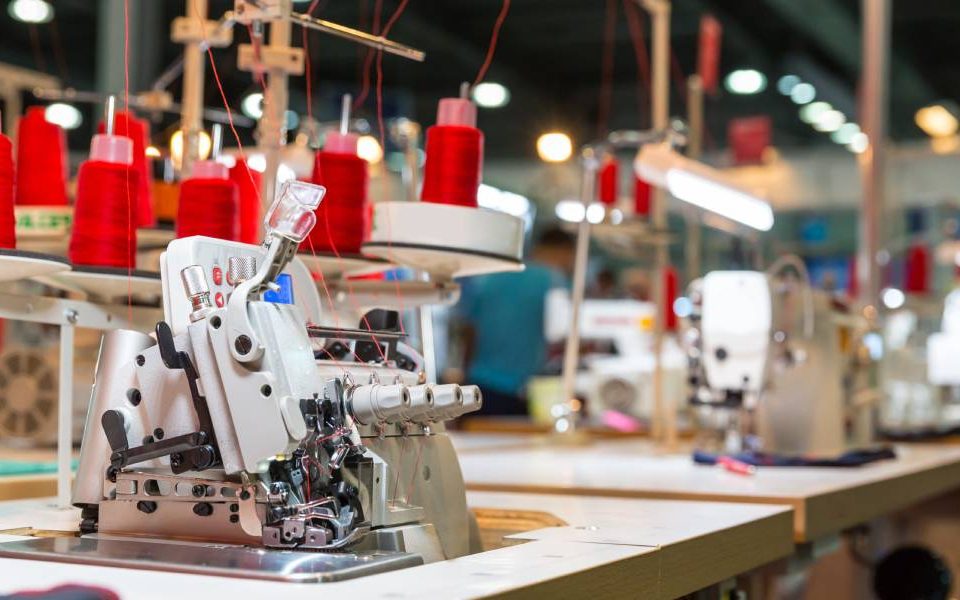Techniques To Enhance Quality Control in a Laboratory
In scientific research and diagnostic testing, the integrity of laboratory results is a critical pillar for development. The pursuit of excellence in laboratory practices is about adhering to established protocols and fostering an environment where precision, accuracy, and reliability mix for successful daily operations.
Advanced strategies, especially those involved in the creation and utilization of laboratory equipment, demand stringent quality control measures to ensure the highest level of performance. Learning about the techniques to enhance quality control in a laboratory will guarantee the reproducibility of experimental results, including the trustworthiness of data used in research and critical decision-making processes.
Standardization of Procedures
To maintain high-quality standards in the laboratory, standardizing procedures is crucial. This involves developing comprehensive protocols for each test or experiment and ensuring reliable processes across different operators and batches. Standardization minimizes variability and enhances the reliability of results, regardless of when or who conducts the experiment.
Regular Equipment Calibration and Maintenance
Ensuring that laboratory equipment performs optimally is a foundational aspect of maintaining high-quality standards. Regular calibration is essential for verifying that instruments are providing accurate measurements, while routine maintenance can prevent the wear and tear that may lead to inaccuracies or equipment failure. Calibration involves comparing the measurements provided by a piece of equipment to a known standard or reference point and adjusting it as necessary.
Enhancing Equipment Protection With Advanced Materials
To further strengthen quality control measures, the integration of reaction injection molding for laboratory equipment stands out as a significant advancement. This process allows the production of pieces with enhanced durability and chemical resistance. Implementing such technologically advanced equipment minimizes the risk of contamination and extends the lifespan of the equipment, safeguarding the consistency and reliability of experimental data over time.
Competency Training for Laboratory Staff
Competency training for laboratory staff is an integral part of ensuring the integrity and reliability of laboratory results. This training should cover the basic operation of laboratory equipment and standard protocols and include a comprehensive understanding of quality control measures. It’s important for laboratory personnel to stay informed about the latest advancements in their field and to continuously develop their skills to keep pace with evolving technologies and methodologies.
Implementing Rigorous Data Management Systems
High-quality data management systems are essential for tracking and analyzing results over time. These systems facilitate the identification of trends, outliers, and potential areas for improvement in laboratory processes, contributing to the overall quality control efforts. Effective data management systems utilize hardware and software solutions to automate data capture, reducing the potential for human error and ensuring reliable data recording in real-time.
These techniques to enhance quality control in laboratories will lead to more reliable and accurate outcomes. Such diligence in quality bolsters the reputation of the laboratory and ensures the research and analysis work carried out meets the highest standards of excellence.




